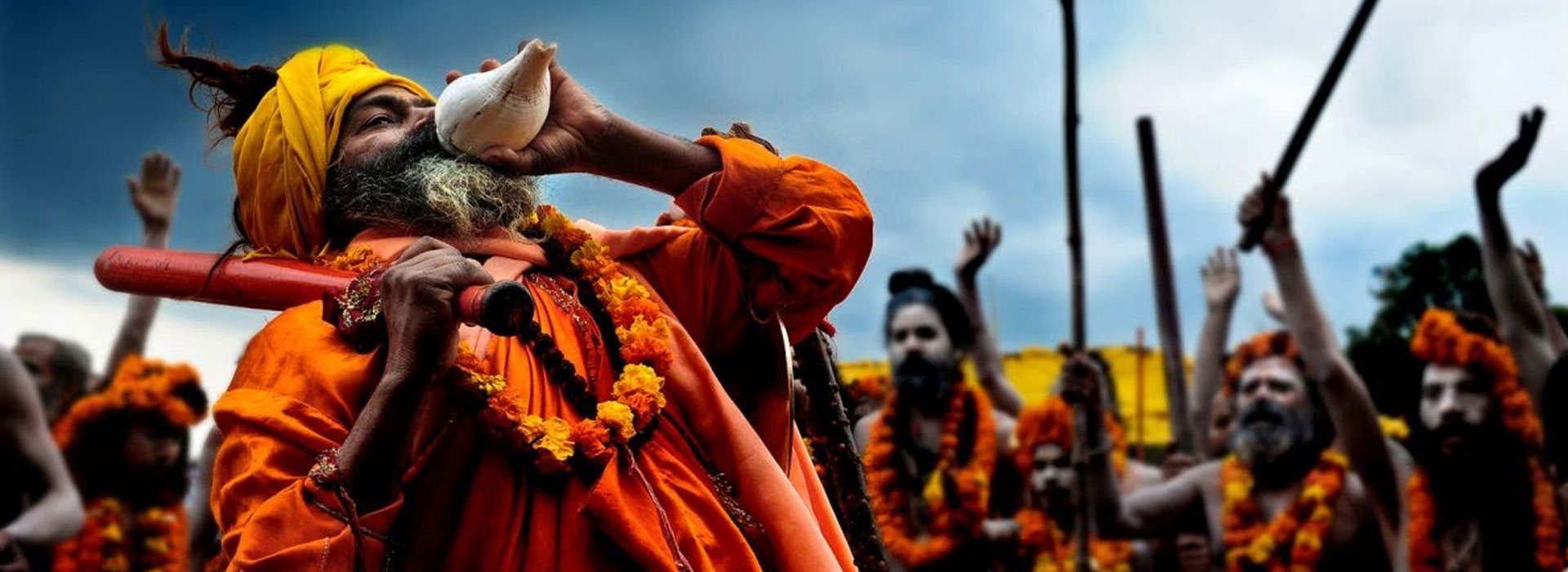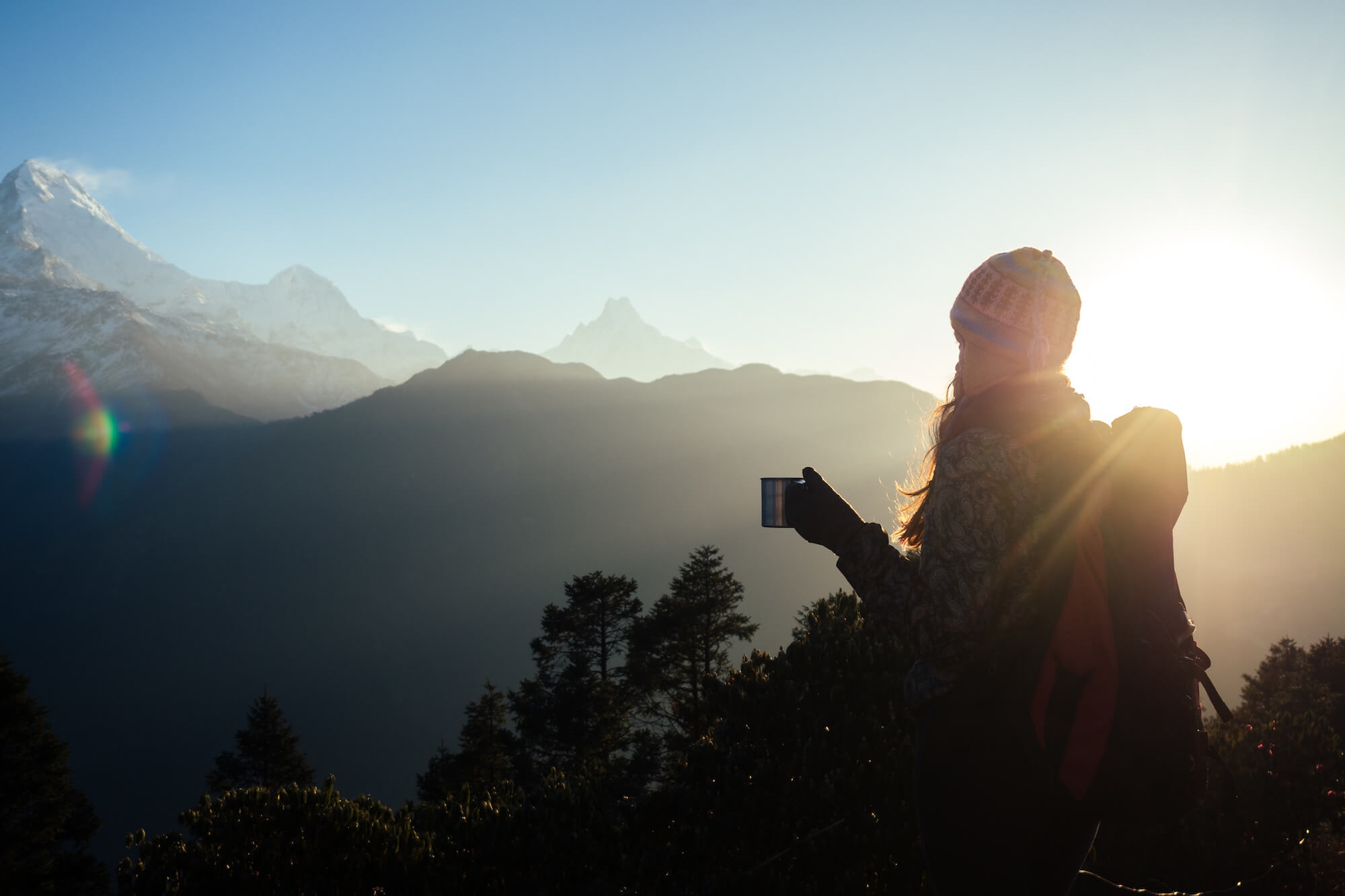India's revised rules for international travellers
 Jan 12, 2022
Jan 12, 2022
As per the latest travel guidelines, travellers arriving in India from any country and testing positive will not mandatorily be managed at an isolation facility. They will however be treated/isolated as per the laid down standard protocol, not essentially at an isolation facility.
Now, as per the revised guidelines for international arrivals that have been recently released, the new norm will come into effect from January 22, 2022, and will remain in place until further orders. Reports also have it that the rest of the provisions will remain the same in the revised guidelines. As per the existing guidelines, travellers coming from any country, including from those considered ‘at-risk', will be managed at an isolation facility, and will be treated as per the said standard protocols.
The recently announced revised guidelines have removed the clause that made staying at an isolation facility mandatory upon arrival. Those found to be symptomatic during screening will be isolated immediately and taken to a medical facility as per health protocol. Contacts of those who are found positive shall be identified and managed as per protocol.
However, do note that foreign arrivals who test positive, will still have to undergo home quarantine for seven days, and even if they test negative, they will have to undergo RT-PCR test on the 8th day of arrival in India.
The global trajectory of COVID-19 pandemic continues to decline with certain regional variations. The need to monitor the continuously changing nature of virus and evolution of SARS-CoV-2 variants of concern (VOCs) must still remain in focus. The existing guidelines for international arrivals in India have been formulated taking a risk-based approach. The existing guidelines have been revised in view of reporting of a new variant of SARS-CoV-2 (B.1.1.529; named Omicron) which has been classified as Variant of Concern by the World Health Organization.
This document provides protocols to be complied by international travellers as well as those to be followed by airlines and all points of entry (airports, seaports and land border).
This Standard Operating Procedure shall be valid w.e.f. 11th January 2022 (00.01 Hrs IST) till further orders. Based on the risk assessment, this document shall be reviewed from time to time.
Planning for Travel
All travellers should
- Submit complete and factual information in self-declaration form on the online Air Suvidha portal (https://www.newdelhiairport.in/airsuvidha/apho-registration) before the scheduled travel, including last 14 days travel details.
- Upload a negative COVID-19 RT-PCR report*. The test should have been conducted within 72 hrs prior to undertaking the journey.
- Each passenger shall also submit a declaration with respect to authenticity of the report and will be liable for criminal prosecution, if found otherwise.
- They should also give an undertaking on the portal or otherwise to Ministry of Civil Aviation, Government of India, through concerned airlines before they are allowed to undertake the journey that they would abide by the decision of the appropriate government authority to undergo home/institutional quarantine/ self-health monitoring, as warranted.
- Continuing with the earlier approach, travellers from certain specified Countries (based on epidemiological situation of COVID-19 in those Countries) are identified for additional follow up. These include need for additional measures as detailed in para (xviii) below. The listing of such specified Countries is a dynamic exercise based on evolving situation of COVID-19 across the world and will be made available on the websites of Ministry of Health & Family Welfare, (mohfw.gov.in) and the link of the same will be available at website of Ministry of External Affairs and Air Suvidha Portal.
- All travellers who need to undertake testing on arrival, should preferably pre-book the test online on Air Suvidha Portal, to facilitate timely testing.
Before Boarding
- Passengers originating or transiting from at-risk countries shall be informed by the airlines that they will undergo post arrival testing, quarantine if tested negative, stringent isolation protocols if tested positive etc. as mentioned in para (xviii).
- Do’s and Don'ts shall be provided along with ticket to the travellers by the airlines/agencies concerned.
- Airlines to allow boarding by only those passengers who have filled in all the information in the Self Declaration Form on the Air Suvidha portal and uploaded the negative RT-PCR test report.
- At the time of boarding the flight, only asymptomatic travellers will be allowed to board after thermal screening.
- All passengers shall be advised to download Aarogya Setu app on their mobile devices.
During Travel
- In-flight announcement about COVID-19 including precautionary measures to be followed shall be made at airports and in flights and during transit.
- During in-flight crew shall ensure that COVID appropriate behaviour is followed at all times.
- If any passenger reports symptoms of COVID-19 during flight, he/she shall be isolated as per protocol.
- Proper in-flight announcements should be made by the airlines regarding the testing requirements and people who need to undergo such testing to avoid any congestion at the arrival airports.
On arrival
- De-boarding should be done ensuring physical distancing.
- Thermal screening would be carried out in respect of all the passengers by the health officials present at the airport. The self-declaration form filled online shall be shown to the airport health staff.
The passengers found to be symptomatic during screening shall be immediately isolated and taken to medical facility as per health protocol. If tested positive, their contacts shall be identified and managed as per laid down protocol.
Travellers from specified Countries at risk [as mentioned in para (iii) and (iv) above] will follow the protocol as detailed below:
Submission of sample for post-arrival COVID-19 test* at the point of arrival (self-paid). Such travellers will be required to wait for their test results at the arrival airport before leaving or taking a connecting flight.
If tested negative they will follow, home quarantine for 7 days and shall undertake RT- PCR test on the 8th day of arrival in India*.
Travelers shall also be required to upload results of repeat RT-PCR test for COVID-19 done on 8th day on Air Suvidha portal (to be monitored by the respective States/UTs).
If negative, they will further self-monitor their health for next 7 days.
However, if such travellers are tested positive, their samples should be further sent for genomic testing at INSACOG laboratory network.
They shall be managed at isolation facility and treated as per laid down standard protocol including contact tracing mentioned in para (xvii).
The contacts of such positive case should be kept under home quarantine monitored strictly by the concerned State Government as per laid down protocol.
Travellers from Countries excluding those in referred to in para (iii) and (iv) above, will follow the protocol as below:
A sub-section (2% of the total flight passengers) shall undergo post-arrival testing at random at the airport on arrival.
These 2% of such travellers in each flight shall be identified by the concerned airlines (preferably from different countries).
Laboratories shall prioritize testing of samples from such travellers.
All travellers (including those 2% who were selected for random testing on arrival and were found negative) will undergo home quarantine for 7 days and shall undertake RT-PCR test on the 8th day of arrival in India*.
Travelers shall also be required to upload results of repeat RT-PCR test for COVID-19 done on 8th day on Air Suvidha portal (to be monitored by the respective States/UTs).
If negative, they will further self-monitor their health for next 7 days.
However, if such travellers are tested positive, their samples should be further sent for genomic testing at INSACOG laboratory network.
They shall be managed at isolation facility and treated as per laid down standard protocol including contact tracing mentioned in para (xvii).
If travellers under home quarantine or self-health monitoring, develop signs and symptoms suggestive of COVID-19 or test positive for COVID-19 on re-testing, they will immediately self- isolate and report to their nearest health facility or call National helpline number (1075)/ State Helpline Number.
International travellers arriving through seaports/land ports will also have to undergo the same protocol as above, except that facility for online registration is not available for such passengers currently.
Such travellers shall submit the self-declaration form to the concerned authorities of Government of India at seaports/land ports on arrival.
* Children under 5 years of age are exempted from both pre- and post-arrival testing. However, if found symptomatic for COVID-19 on arrival or during home quarantine period, they shall undergo testing and treated as per laid down protocol.
# Contacts of the suspect case are the co-passengers seated in the same row, 3 rows in front and 3 rows behind along with identified Cabin Crew. Also, all the community contacts of those travellers who have tested positive (during home quarantine period) would be subjected to quarantine for 14 days and tested as per ICMR protocol.




:max_bytes(150000):strip_icc()/bhaktapur-nepal-holi-HOLI0219-b713df59f115452baa1374efb3e59ff2.jpg)



0 comments on "India's revised rules for international travellers"